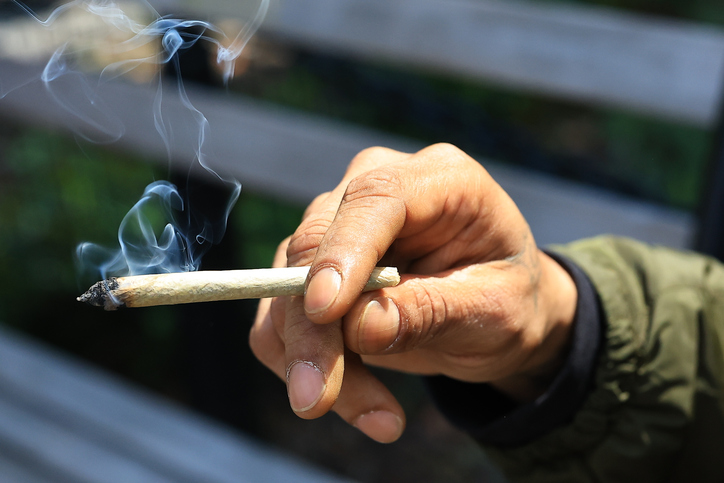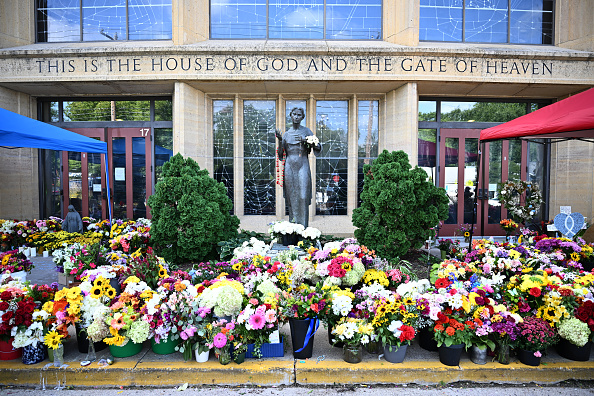Vermont residents now have to pay 6 percent more for soft drinks under a new sales tax that began in July.
The tax is part of a $30 million package of tax increases intended to help close a $113 million gap between projected state spending and revenue. The sales tax on soft drinks is estimated to generate $7.9 million annually.
One especially unpopular provision in the new law is customers who use food stamps are exempt from the sales tax on soft drinks. Critics say the exemption for those who use food stamps removes the incentive to make healthier beverage choices, which the tax’s proponents argued was the primary benefit of the soft drink tax.
Soda Tax is a Money Grab
This measure is clearly nothing more than another tax grab in the guise of government discouraging use of a disfavored food product, says Dr. Gilbert Ross, executive director of the American Council on Science and Health.
“Look, if they’re going to tax sugary sodas as well as nonalcoholic drinks with either natural or artificial sweeteners, then clearly the intent of the law is not to combat obesity, as artificial sweeteners have zero to do with promoting obesity,” Ross said
Even taxing actual sugary beverages does nothing to combat obesity, no matter what the sponsors of such laws say, Ross says. In addition to being a tax grab, the law will turn out to be a bureaucratic nightmare for many storeowners and shopkeepers in Vermont, he says.
“I feel sorry for them,” Ross said. “They should make their feelings known to the misguided lawmakers who instituted this inane measure.”
Compliance Nightmare Seen
Another big problem with this tax is it applies to everything with sugar or sweetener in it, making it difficult for small businessmen to comply with, says Seton Motley, president of the public policy organization Less Government.
“For Vermont’s legislators to come up with this tax on sodas is laughable and proves they don’t have enough experience to even run a lemonade stand,” Motley said.
‘Will Do Nothing to Ease Obesity’
In an attempt to punish soda drinkers, the government ends up punishing small-business owners and retailers, says Julie Kelly, a food writer and policy advisor to The Heartland Institute, which publishes Health Care News.
“One can only imagine the amount of time used to research, debate, lobby, and implement this law that will do nothing to ease obesity or the state’s budget gap,” Kelly said.
“It’s always funny to read how state legislators, whose lack of fiscal discipline has basically bankrupted their state government, like to ‘tsk-tsk’ people about ‘bad’ habits,” Kelly said. “Dumb laws like this might make them feel better, but they’re totally ineffective at accomplishing anything but frustrating consumers and business owners.”
Sean Parnell ([email protected]) is a policy advisor to The Heartland Institute and president of Impact Policy Management, LLC.
Internet Info:
Jeff Reynolds, “Berkeley Soda Tax Gives Government Revenue a Sugar High,” Health Care News, July 13, 2015: http://news.heartland.org/newspaper-article/2015/07/13/erkeley-soda-tax-gives-government-revenue-sugar-high
Gene Koprowski, “‘Soda Tax’ Plan Fizzling Out in Vermont,” Somewhat Reasonable, April 16, 2015: http://blog.heartland.org/2015/04/soda-tax-plan-fizzling-out-in-vermont/





